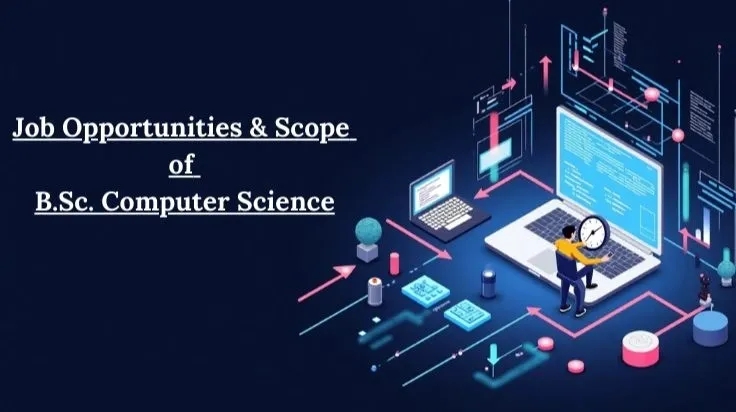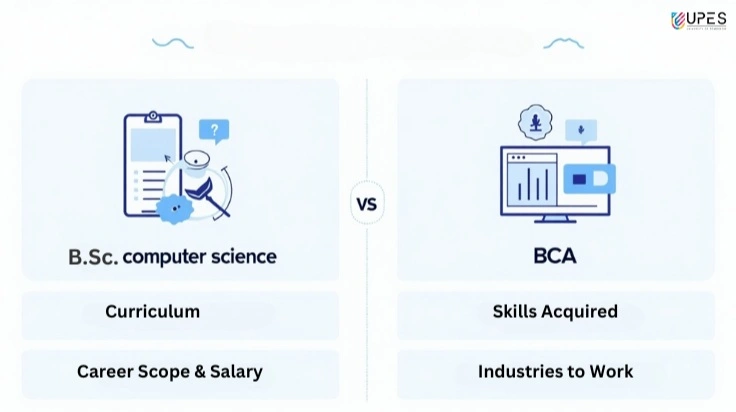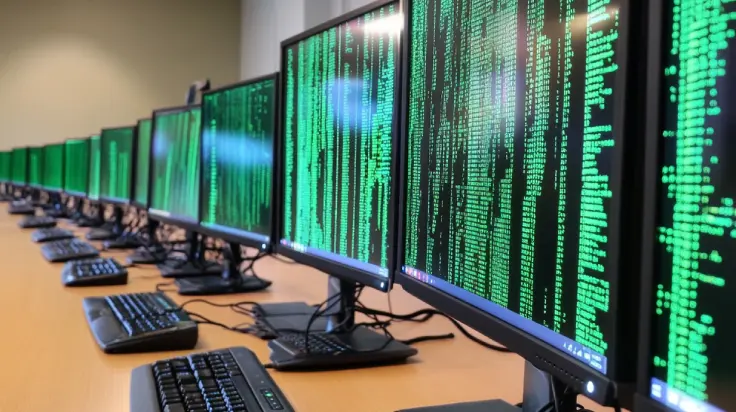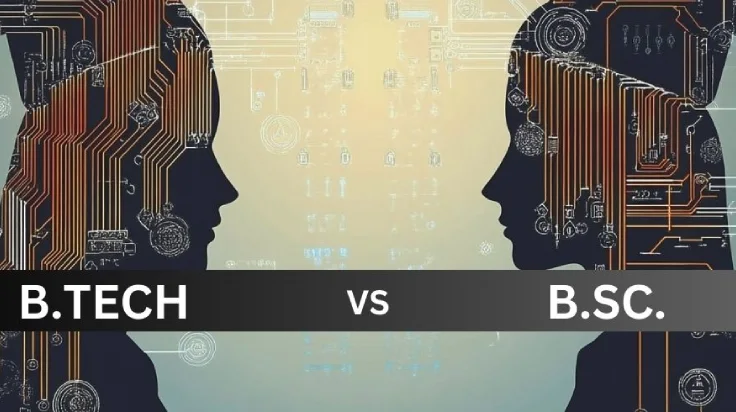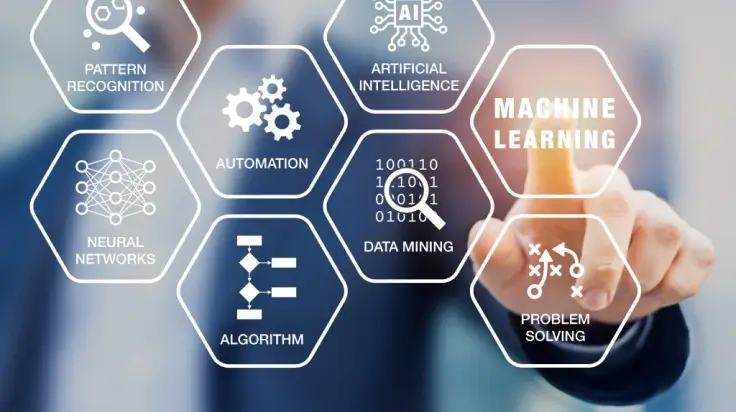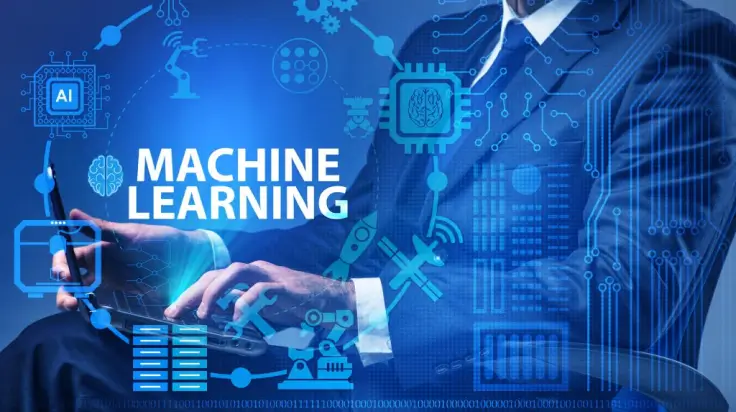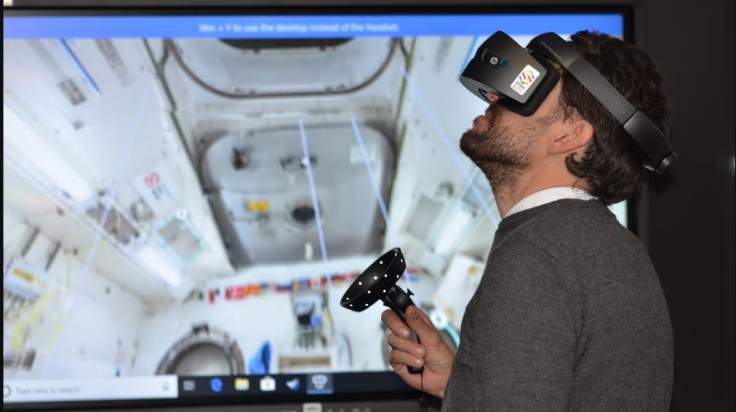8 trends that will shape the future of human resource management
- Mansha Dhingra
- Published 17/02/2021

Employee preferences, shifts in the role and importance of unions in the business world, work-life balance of the employees, the tools they use, and organisational processes, will change and thus affect human resource management
A multidisciplinary organisational function, Human Resource Management (HRM) revolves around managing relations at the workplace. Its context draws principles and theories from various fields such as management, psychology, and sociology. HRM is concerned with personnel policies and managerial practices that influence the employees. Decisions affecting the workforce of the organisation, staffing, maintaining an effective workforce, work processes, job analysis, training and development, recruiting, reimbursement, team building, performance management, appraisal, health and safety issues of the workforce, are some of the major responsibilities performed by the human resource management.
The world is constantly being shaken by the disruptive forces that affect both social and professional life. Employee preferences, shifts in the role and importance of unions in the business world, work-life balance of the employees, the tools they use, and organisational processes, will change and thus affect human resources. This begs the question: What is in store for the Human Resource (HR) industry? The article is an insight into the recent trends that will transform future work.
Virtual workplace
One of the most obvious trends predicted for 2021 was the increasing acceptance of working from home that is more flexible and worker-centric. For some, that change is permanent. Major companies such as Facebook, Shopify, and Slack have embraced the new normal of working from home. Once the pandemic is over, the work environment will not simply return to the way it was. According to Gallup data, 65% of workers would prefer to continue working from home post-COVID.
Globalisation and its implications
Businesses today do not have national boundaries. The HR departments should ensure that there is a mix of employees in terms of knowledge, skills, and cultural adaptability. This will help employees handle global assignments as well. Organisations should prepare their workforce to meet global challenges.
Technology
Technology has a huge impact on HRM. It has changed the way HR departments contact employees, store files, and analyse employee performance. The increased use of automation tools and cloud solutions is freeing up human resources from mundane tasks. The use of technology in easing time-consuming tasks such as tracking employee attendance and work performance, allowing HRM to focus on employee involvement, productivity, and meeting other pivotal goals.
Employee expectations
Nowadays, employees are well-versed, more demanding, and are ready to raise their voice in case their expectations are not met. An efficient organisation is therefore required to foresee and manage revenue through human resource planning, training schemes followed by appropriate compensation packages.
Workforce diversity
In the current scenario, employing a diversified workforce is necessary for every organisation. Workforce diversity means similarities and differences among employees in terms of age, cultural background, physical abilities and disabilities, race, religion, and gender. HRM must educate people to effectively manage and respect the diversity of views each offers.
Changing skill requirements
Recruiting and developing skilled labour is important for competitiveness, productivity, quality, and growth. Skill deficiencies can result in significant losses for the organisation. Some skills might be obsolete while some skills can be easily developed to meet future demand. HRM department should implement suitable training programs to bridge the skill gaps and deficiencies.
Re-engineering work processes for better productivity
In today’s dynamic environment, work processes in an organisation must be evaluated and altered. Employees should rethink what work should be done, how it is to be done, and how to best implement these decisions. Re-engineering changes how organisations work and directly affects employees. Therefore, HRM must have mechanisms for employees to give them the appropriate direction of what to do and assist them in dealing with any conflict that may seep into the organisation.
Employee involvement
HRM has an important role to play in employee involvement. Some employee involvement activities include participative management, teamwork, goal setting, employee training, and empowering of employees.
The global economy demands human resource professionals to work according to changing needs. Organisations should be more adaptable, resilient, quick to change directions, and employee-oriented. Within this dynamic environment, HR professionals must learn how to manage effectively through strategic planning, organising, leading, and be well-informed of the emerging trends in training and employee development.
Mansha Dhingra
The writer is a part of the UPES editorial team
Tags
- Human Resource Management
- MBA in HR
- UPES School of Business
UPES Admission Enquiry
Subscribe to UPES Blogs
Join our community for exclusive stories, insights, and updates
By clicking the "Subscribe" button, I agree and accept the privacy policy of UPES.
















